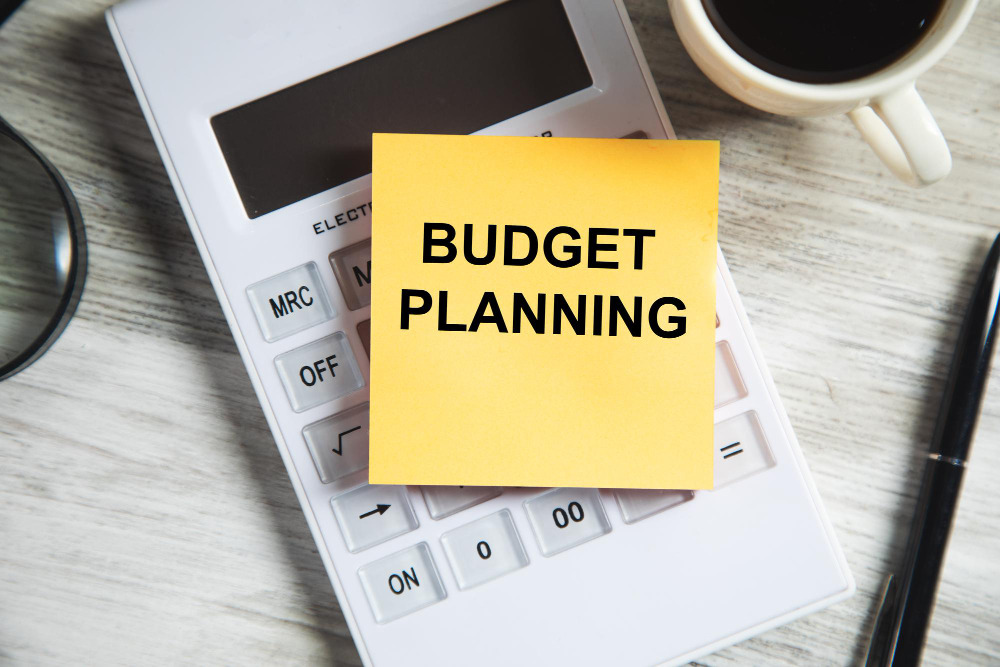Top 10 Event Budgeting Tips Every Event Planner Should Know
Planning an event, whether big or small, requires meticulous budgeting to ensure everything goes smoothly without any financial surprises. Here are the top 10 budgeting tips every event planner should know:
1. Start with a Clear Budget Outline
Begin by establishing a comprehensive budget outline. List all potential expenses, including venue, catering, entertainment, décor, marketing, and contingency funds. This initial step helps you visualize the overall financial scope of the event and prevents overlooked expenses.
A detailed outline serves as a roadmap, guiding your financial decisions throughout the planning process. Without a clear budget, it’s easy to lose track of spending and end up with unexpected shortfalls.
2. Prioritize Your Expenses
Not all aspects of an event hold the same level of importance. Identify and prioritize the critical elements, such as venue and catering, which often consume a large portion of the budget. Allocate funds to these key areas first before addressing secondary expenses like décor and entertainment.
This approach ensures the essential components of your event are covered, avoiding potential compromises on crucial aspects. By prioritizing, you also make it easier to trim costs in less important areas if necessary.
3. Get Multiple Quotes
When selecting vendors for your event, always seek multiple quotes. This practice ensures you get the best value for your money and helps in negotiating better deals. Comparing prices also gives you a clearer idea of the market rates, preventing overpaying.
It also provides leverage in negotiations, as vendors are often willing to match or beat competitors’ prices. Gathering various quotes can reveal hidden costs and inclusions, helping you make more informed decisions.
4. Track Expenses Rigorously
Maintain a detailed record of all expenses. Use spreadsheets or budgeting software to track every cost associated with the event. Regularly update this record to monitor your spending against the budget and make adjustments as necessary.
This ongoing tracking helps identify spending trends and areas where you might be overspending. Detailed records are invaluable for future event planning, providing insights into cost-saving opportunities and realistic budget forecasts.
Read also: 10 Reasons Why You Need a Destination Wedding Planner
5. Plan for Unexpected Costs
Despite thorough planning, unexpected costs can arise. Allocate a contingency fund, typically around 10-15% of your total budget, to cover any unforeseen expenses. This safety net ensures your event stays on track even if surprise costs occur.
Unexpected costs can include last-minute changes, emergency repairs, or additional services needed on the event day. Having a contingency fund reduces stress and allows you to handle surprises without compromising other budget areas.
6. Negotiate with Vendors
Don’t hesitate to negotiate prices with vendors. Many vendors are willing to offer discounts or add extra services at no additional cost. Effective negotiation can lead to significant savings, allowing you to allocate funds to other important areas.
Building strong relationships with vendors can also result in better deals and preferred customer treatment. Knowing your budget limits and communicating them clearly can make negotiations more successful.
7. Consider In-House Services
Utilize in-house services wherever possible. Many venues offer packages that include catering, audio-visual equipment, and décor. Bundling services can be more cost-effective than hiring separate vendors for each requirement.
In-house services often come with the added benefit of familiarity with the venue, reducing the risk of logistical issues. These packages can simplify coordination and planning, ensuring a more seamless event execution.
8. Monitor and Adjust Regularly
Budgeting is not a one-time task. Continuously monitor your budget throughout the planning process. Regularly compare actual expenses to your projected budget and make adjustments to avoid overspending.
Being proactive in budget management helps keep the event financially on track. Regular reviews help catch potential overruns early, allowing for corrective action. This ongoing oversight ensures you remain aligned with your financial goals and event vision.
Read also: Destination Wedding Planning Checklist: From Start to Finish
9. Utilize Sponsorships and Partnerships
Seek sponsorships and partnerships to offset some of the event costs. Sponsors can provide financial support or in-kind contributions like products and services.
Collaborating with partners can significantly reduce your out-of-pocket expenses and add value to the event. In return, offer sponsors visibility and promotional opportunities at the event. Building long-term relationships with sponsors can lead to ongoing support for future events.
10. Evaluate Post-Event Financials
After the event, conduct a thorough evaluation of the financials. Compare the actual costs to the budget and analyze any discrepancies. This review helps identify areas where you can improve future budgeting and provides valuable insights for planning subsequent events.
Post-event evaluation is crucial for understanding what worked well and what didn’t, guiding better decision-making in future projects. Documenting lessons learned and sharing them with your team can enhance overall event planning effectiveness.
Conclusion
Effective budgeting is crucial for the success of any event. By following these top 10 budgeting tips, event planners can manage their finances efficiently, ensuring a seamless and financially sound event. Starting with a clear budget, prioritizing expenses, tracking costs, and planning for the unexpected are essential steps in the process. ECO – The Event Company is one of the best Event Management Company in Pune.
Additionally, negotiating with vendors, utilizing in-house services, and seeking sponsorships can lead to significant savings. Regular monitoring and post-event evaluation further enhance budget management, setting the stage for successful future events.
Implementing these practices not only safeguards against financial pitfalls but also enhances the overall quality and impact of the event, leading to greater satisfaction for both planners and attendees.


